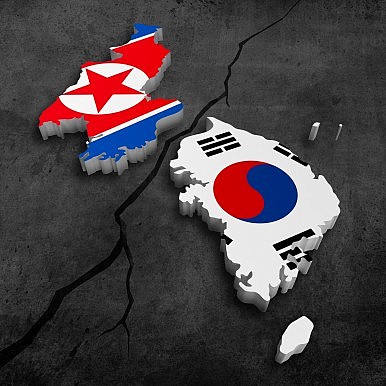

Energy Information Administration estimated that total U.S. Homeowner installation costs are expected to go up about 4 percent and utility-scale installation costs could go up about 10 percent, according to ClearView Energy Partners.īefore the tariff announcement, the U.S. involves making parts for cheaper imported panels. The Solar Energy Industries Association said 23,000 jobs would be lost in 2018, noting that most solar manufacturing in the U.S. solar imports, which means they could face job losses and other hardships as a result of the tariffs.Īlthough imposing tariffs could create as many as 6,400 solar manufacturing positions, overall industry job losses could exceed those gains, an independent analysis by Bloomberg New Energy Finance performed for Utility Dive found. Countries like South Korea now account for many of U.S. However, China is not the only country that could be affected by the decision. solar installations use imported panels, many of which come from China.


Monday’s announcement is similar to one recommended by the ITC late last year. The International Trade Commission (ITC), in September, voted in favor of imposing a tariff. The tariff comes in response to petitions from two American manufacturers who complained for years that rising imports were eating into their sales. “China’s industrial planning has included a focus on increasing Chinese capacity and production of solar cells and modules, using state incentives, subsidies, and tariffs to dominate the global supply chain.” “From 2012 to 2016, the volume of solar generation capacity installed annually in the United States more than tripled, spurred on by artificially low-priced solar cells and modules from China,” the USTR said in a fact sheet announcing the Trump administration’s decision. Trade Representative (USTR) said the tariff, which is opposed by most of the renewable energy industry, is necessary to prevent unfair practices by overseas manufacturers, mainly in Asia. has the world’s fourth-largest solar capacity after China, Japan and Germany. The tariff will decline annually over a four-year period-reaching 15 percent in year four-and the first 2.5 gigawatts of imported solar cells will be exempt from the safeguard tariff in each of those four years. The Trump administration announced Monday that it will begin imposing a 30 percent tariff on solar cells and modules imported into the United States. The Nicholas Institute for Environmental Policy Solutions at Duke University


 0 kommentar(er)
0 kommentar(er)
